It has been almost 70 years since North Korea and South Korea first split, and ever since, the two countries have created two entirely different worlds for themselves, leading many to believe that it may be impossible for them to ever reunite. On March 20, the 'Korea Times' posted an op-ed on how the two countries are starting to even differ in language and how this issue leads to many misunderstandings.�
According to the article, although the two Koreas started off with the same language, they're changing on both sides due to outside influences and lack thereof.�
South Korea now uses more English-based words, such as "self-service," "shampoo," and "juice." This shows the influence U.S. has in the country as the U.S. military continues to be present in South Korea and Koreans themselves enjoy U.S. films and music.�
Meanwhile, North Korea rejects outside influences and attempts to create their own words with Korean origins. For example, they call shampoo "meorimulbinu" or "hair water soap" and juice "danmul" or "sweet water."�
As a result of these influences, a third of everyday words used in the two countries are different. North Korean defectors who move to the south, such as Pak Mi Ok, who was interviewed in the 'Korea Times' article, usually take around two years to adapt to the new South Korean lingo.�
Can you imagine the number of misunderstandings and the confusion if the two countries were to reunite with these differing languages? Well, apparently there are movements to make a joint dictionary for the two countries to make communication a bit smoother. Unfortunately, the project has been stalled due to political tensions between North and South Korea.�
You can read more information on this issue as well as Pak Mi Ok's interview here.�


 SHARE
SHARE


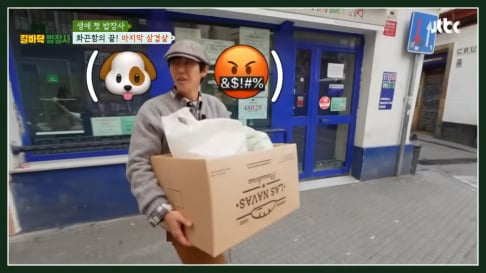
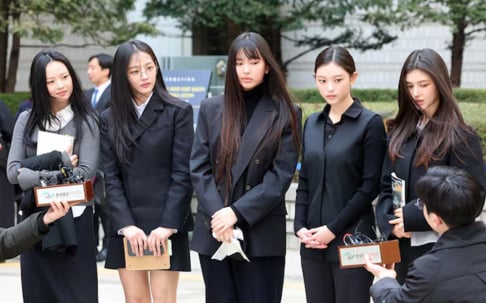



















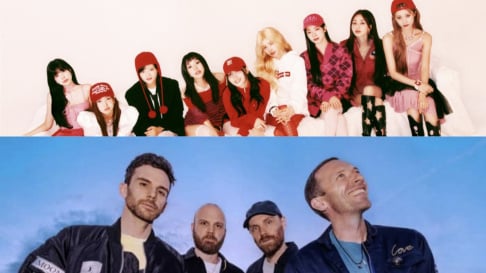
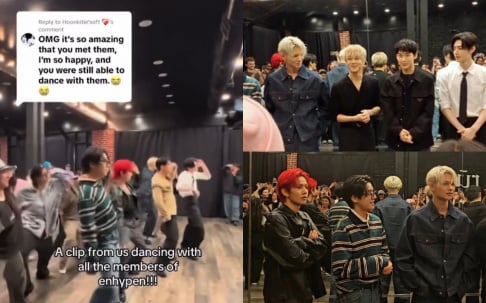







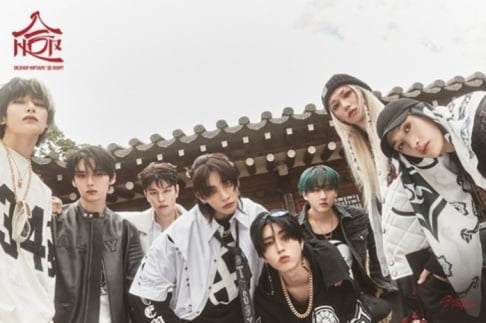


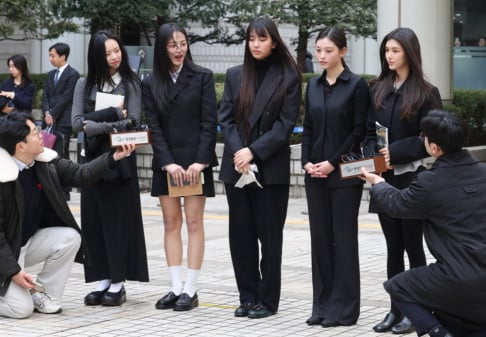






Log in to comment